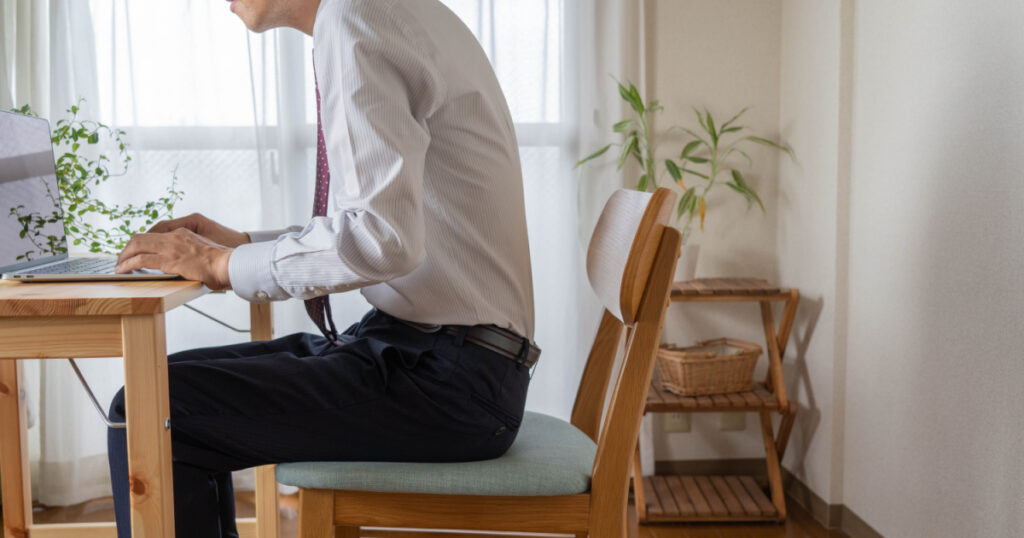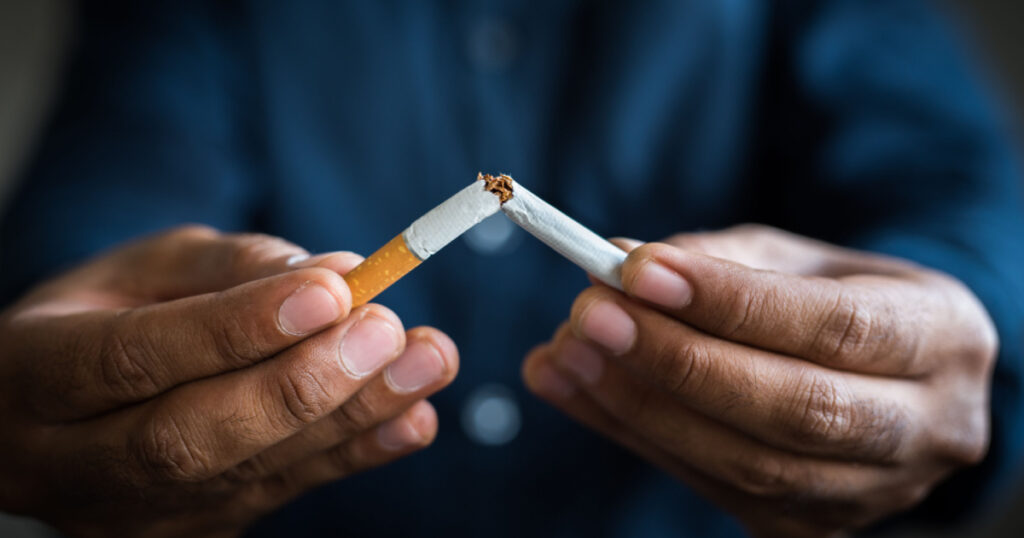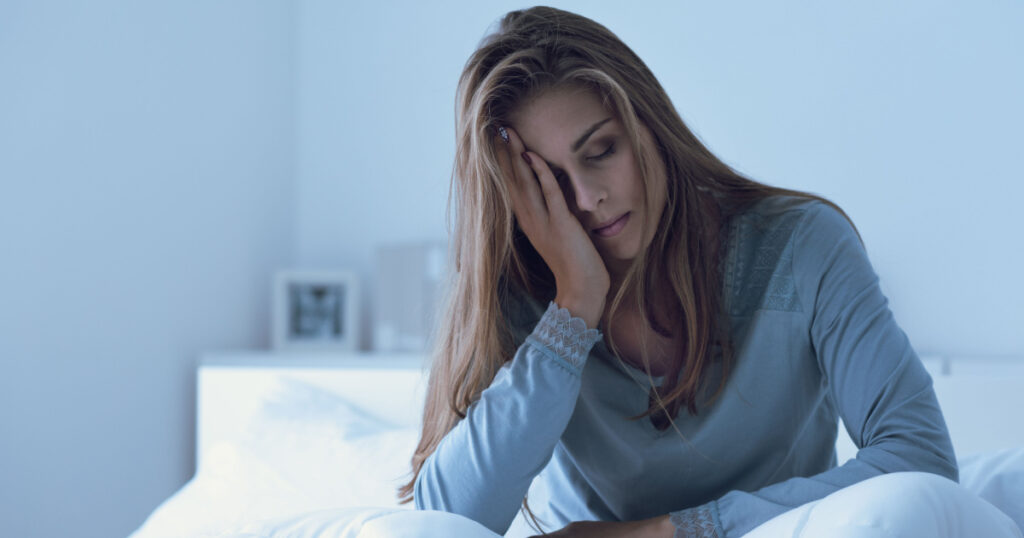Eating healthy and living a healthy lifestyle can sometimes seem insurmountable. However, when you break it down, the path to better health isn’t quite so winding and difficult. The secret lies in making small, incremental changes that, over time, add up to better health. These are ten changes you can make now to live a longer, healthier life.
10 Easy Steps Towards Better Health
A healthy lifestyle is complicated and difficult – or is it? While sometimes it might seem hard to achieve, it isn’t when you break it down into small habits and changes. Better health isn’t an impossible thing; in fact, it’s quite simple. Start adding these ten changes, and you’ll be shocked at how quickly you get there.
As an extra tip, look through this list and start with the most achievable ones. From there, add the more “challenging” ones one at a time until you’ve ticked them all off. Let’s be clear before we begin; balance is key; when we say “stop,” the focus is on reduction in some cases, with elimination in others. We should still enjoy the foods and activities that make us smile, even if they aren’t deemed ‘healthy.’ But we should also consider eliminating some things completely, like smoking.
1. Stop Eating Processed Foods

Processed foods are fast and accessible, yes, but at what cost? Eating various healthy foods and beverages can help improve your overall health and maintain a healthy weight. Additionally, consuming fewer snacks, foods, and drinks that are high in calories and fat can help you reduce your risk of developing serious health conditions. Strive to eat plenty of fruits, vegetables, whole grains, lean proteins and low-fat dairy products for optimal health. (1) There are no ‘good’ and ‘bad’ foods, just some you should focus on more than others.
2. Stop Sitting So Much

Is sitting the new smoking? Maybe not, but it is definitely up there with the worst things for your health. In North America and around the world, we are, in general, far too sedentary. We sit at home, while commuting, at work, then again while relaxing after work. We need to sit less and move more, to be blunt. Regular workouts are important for your health. (2)
You don’t need to spend hours in the gym, either. Simply moving more will help – walking more, taking the stairs, going for bike rides – you name it! In fact, reducing the intensity can lower the risk of injury, muscle fatigue, and burnout. Moving more, however you decide to do it, will reduce your risk of obesity and other illnesses, including heart disease, type 2 diabetes, coronary heart disease, and dementia.
3. Stop Smoking

Speaking of smoking – Stop doing it. There’s no softer way to say it. Smoking, even casually, is terrible for your health. It’s bad for your lungs, heart, blood pressure, circulation – everything. On top of that, your risk of cancer will drastically decrease the sooner you give up the habit. Your friends and family around you will also benefit as the dangers of second-hand smoke are just as bad as those for actually smoking. (3)
4. Stop Thinking Small Changes Don’t Matter

Making small changes to your lifestyle can make a big difference to your health. Reduce the amount of fast food you eat and eat mostly fish and vegetables instead. Eating more vegetables and fruits high in antioxidants can also help lower the risk of diseases like diabetes, obesity, and high blood pressure. Even something so simple as going to bed one hour earlier each night or adding a couple of cups of extra water can make a huge impact. On top of that, small changes made one at a time are usually more sustainable than trying to make big changes all at once. (4)
5. Stop Drinking So Little Water

Drinking enough water helps to carry nutrients throughout the body and aids in digestion. Water also helps flush toxins from the body, which can help reduce your risk for heart disease, stroke, and other lifestyle diseases. Drinking enough water throughout the day gives you more energy, glowing skin, and less food cravings. The National Academy of Medicine suggests an intake of daily fluids of about 13 8oz- cups for healthy men and 9 cups for women. More may be needed for those who are physically active or for those in very warm climates. It should be noted that this is just a general guide. Drinking less water than the target may not cause ill health, and everyone’s individual needs may vary. (5,6) Start small by adding one cup extra each day, increase from there, and see if you notice a difference. This could be the best health decision you make all year.
Read: Researchers find that brains with more vitamin D function better
6. Stop Staying Up So Late

Sleep is extremely important for your health. The #NoSleepClub is not one you want to be in, trust me. Sleep deprivation is linked to many chronic health problems, including heart disease, kidney disease, high blood pressure, diabetes, stroke, obesity, and depression. You can do everything else right, but if you aren’t sleeping properly, your health will fail you. Do yourself a favor and get to bed in enough time each night to get a proper night’s sleep, preferably seven to eight hours. (7)
7. Stop Being Antisocial

We’re not all extroverts, and that’s okay. Just because you identify as an introvert isn’t a reason to stay home and not socialize ever. Human interaction is critical to our health, especially as we age. Strong interpersonal relationships strengthen your immune system and help you to manage stress. Social isolation puts you at risk for depression and heart attacks. If you don’t have family nearby or a group of close friends, start putting yourself out there. Volunteer, join a club, and look for groups who have similar interests as you. (8)
8. Stop Holding On To Anger

Anger is a powerful emotion, and it is not a good one. Holding grudges does nothing for your health. It causes you to have increased cortisol, the stress hormone, which has several negative effects on your body. This includes your heart, metabolism, and immune system. Consistently high cortisol levels are also associated with a higher mortality rate, aka death. So take a deep breath and let it go – whatever that person did or said to you, it is not worth your long-term health hanging onto. (9)
9. Stop Blaming Your Genetics

Yes, genetics affect us quite a lot. It can change your risk of several illnesses and conditions, such as cancer or depression. That said, you can only blame genetics and/or your upbringing for your bad health for so long. At some point, you must put it aside and take your health into your own hands. Maybe your family did put an emphasis on physical activity, or you’re not naturally athletic.
This doesn’t mean you can’t start being active now. Perhaps no one ever taught you how to cook, or at least how to cook healthy food. You’re an adult now – find a way to learn. Take a class, watch YouTube videos, buy a healthy cookbook for beginners, or ask for help.
10. Stop Letting Fear Stop You From Going To The Doctor

Finally, no matter all the prevention you implement, sometimes you get sick. Whether it is because of fear, denial, or we simply don’t want to go through the effort of making the appointment, we don’t see the doctor. Not seeing a doctor, however, could just be prolonging your illness or worse. For many illnesses, such as cancer, early detection is key. By not getting your symptoms checked, you could be inadvertently causing you to have a major health crisis.
The Bottom Line
Your health is not something you should ever take for granted. It is also not as complicated as you might think. Small, intentional actions will lead to better health. Don’t wait any longer to start implementing these. They are not something you will ever regret.
Keep Reading: How To Make Amazing Naturally Flavored Water
Disclaimer: This information is not intended to be a substitute for professional medical advice, diagnosis or treatment and is for information only. Always seek the advice of your physician or another qualified health provider with any questions about your medical condition and/or current medication. Do not disregard professional medical advice or delay seeking advice or treatment because of something you have read here.
Sources
- “The Many Health Risks of Processed Foods.” LHSFNA. Nick Fox.
- “What are the risks of sitting too much?” Mayo Clinic. Edward R. Laskowski, M.D.
- “Health Effects.” CDC
- “Changing Your Habits for Better Health.” NIDDK
- “Drinking water and your health.” Health Direct
- “Water” Harvard T.H Chan School of Public Health. n/d
- “What Are Sleep Deprivation and Deficiency?” NHLBI
- “Social relationships and physiological determinants of longevity across the human life span.” PNAS. Yang Claire Yang, et al. January 4, 2016.
- “Relationships between cortisol level, mortality and chronic diseases in older persons.” Wiley Online Library. R. M. M. Schoorlemmer. et al.

